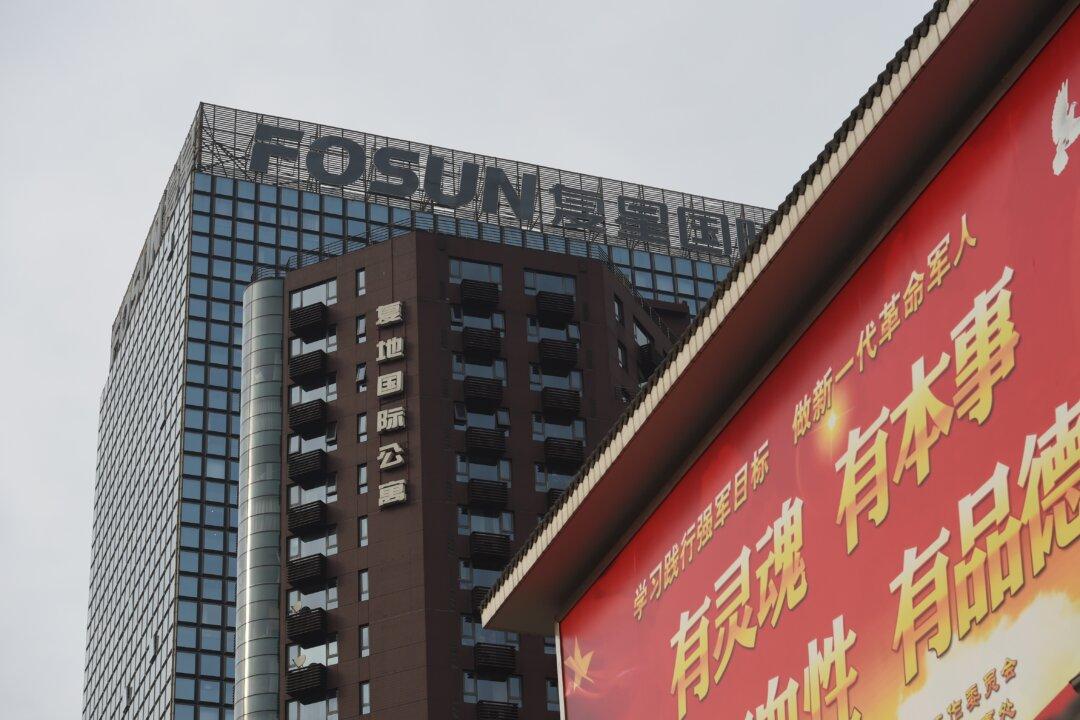Standard & Poors (S&P) revised its outlook on Chinese conglomerate Fosun International Ltd. to negative from stable, on May 30.
“Fosun’s leverage has increased materially in the past year following the completion of acquisitions,” stated the rating agency in its report.
Fosun (0656.HK) is a China-based conglomerate with businesses in both industrials and financials. The group wants to become an insurance-led investment holding company like Warren Buffet’s Berkshire Hathaway. Hence, it started to expand its insurance business by acquiring Bermuda-based insurer Ironshore Inc. and U.S.-based Meadowbrook Insurance Group in 2015.
“We expect Fosun’s insurance businesses will partly offset weakening performance from its industrial operations and that the company will maintain a diversified portfolio of businesses and assets with satisfactory quality,” said S&P.
Industrial operations accounted for 81 percent of the company’s revenue in 2015. However, with the recent acquisitions, insurance segment’s contribution to the revenue will increase to 30 percent in 2016, according to S&P estimates.
The company’s debt-to-EBITDA (earnings before interest, tax, and depreciation) ratio, which shows the leverage position for its industrial operations increased to 16.8x in 2015 from 9.1x a year earlier. This compares to an average debt-to-EBITDA ratio of 2.1x for S&P 500 companies.
The debt-to-EBITDA is a common metric used by credit rating agencies to assess the probability of a company’s defaulting on its debt. The higher the ratio, the more difficult it becomes for a company to pay off its debt.
“The negative outlook reflects our expectation that Fosun’s leverage will remain high over the next 12 months, despite a focus on consolidating existing investments,” said S&P.





